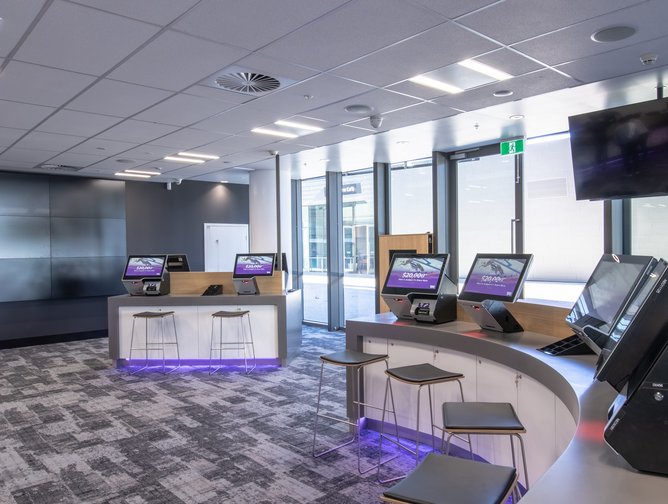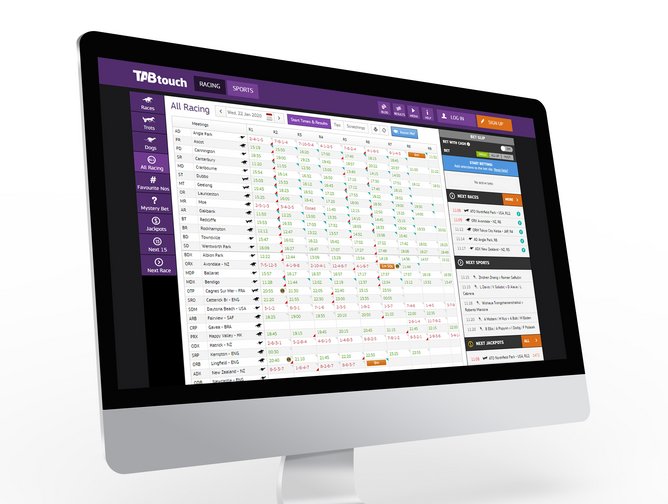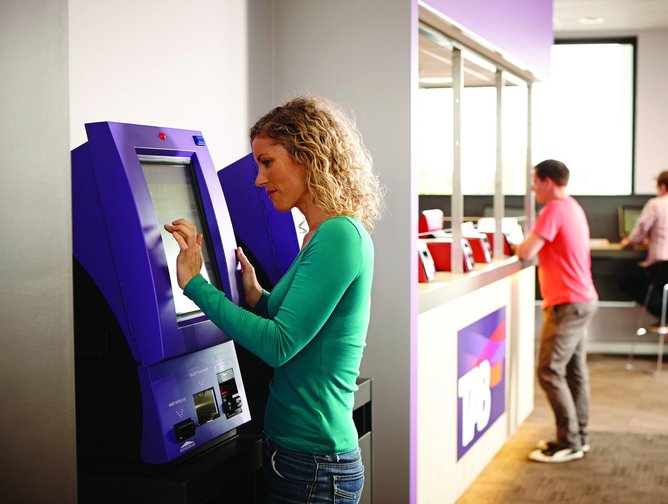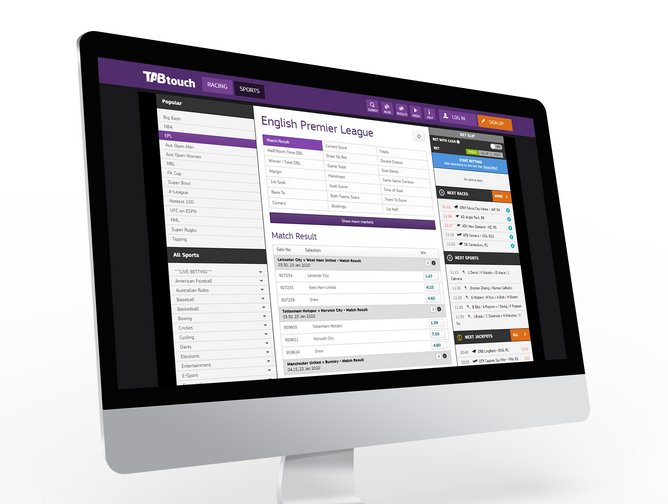Racing & Wagering WA: implementing tech with a people-first approach
In 1961, the Wagering and the Totalisator Agency Board of Western Australia founded its first agency in Perth, Australia, beginning a trajectory of state-supported racing that culminated in Racing and Wagering West Australia (RWWA). Founded in 2003, RWWA turned over AUD $1bn in its first year of operations. The company’s business is divided two ways. As a sporting body, it oversees greyhound, harness, and thoroughbred racing across Western Australia. As a retail license operator, it operates the wagering around these races and was the first digital betting site in Australia.
Sam McCready has worked at RWWA for around three years. The Chief Information Officer, he was recruited to help the company improve its digital presence, bringing 18 years’ experience in finance, with the last decade focused around increasing customer service through digital channels. The technical transformation at RWWA has been divided into three primary areas: operating model, technology product architecture, and capability and performance. “The organisation knew we needed to do things differently to take a large step up into the digital marketplace,” he says.
The key to this has been establishing a working partnership between the business and technology teams. Digital transformation at RWWA remains people-centric. Initially, the two teams operated separately, leading to frustration and miscommunication. “Once they had those frustrations,” McCready says, “they weren’t seeing eye-to-eye on how to actually unpack them.” McCready’s team partnered with GM Wagering Michael Saunders and CFO Ian Edwards to research and design a new operational approach, using study tours to challenge internalized predispositions and bring about the necessary cultural changes. These ultimately ranged from the ideological, such as establishing new methodologies, to the mundane, such as removing the physical partitions between teams to improve effective communication. The primary mindset shift was a move from focus on projects to focus on products. This has made collaborative work a necessity, which ultimately has led to high performance across the teams. RWWA has also implemented greater operational structure, integrating security and development practices, and structured improvement design reviews into processes. By implementing cloud tech with the help of partner AWS, RWWA ensures employees and customers have access to the same information across the board.
From a technology perspective, smooth transformation means establishing clear targets. The focus has shifted from specific system activities to the broader end-to-end customer experience. “Like any business,” McCready explains, “there were legacy aspects to our system that we needed to modularize and resolve before our teams could move at the pace we wanted them to.”
In order to reach the desired speed to market, RWWA leverages new technologies, implementing an evolutionary technical product architecture internally. One of the biggest technical changes at RWWA was a move towards test automation, which allowed it to update a quarterly system to one of weekly releases. It uses tech to better understand customers, leveraging the knowhow of external partners to analyse customer patterns, preferences, and behaviours. “The detail richness and product offerings of our partners enables us to react to customers with targeted offers and features.” McCready continues.
RWWA has been able to continually readjust its metrics to account for progress, relying on partner Dynatrace to determine its systems’ performance and metrics. RWWA is highly stringent in its controls around cyber security control and anti-laundering regulations. “Our business always has to be on the right side of regulators. It keeps us accountable both in a financial and an ethical sense.” McCready states. Trust is at the core of RWWA’s relationship with third-party partners. “What we’re really looking for, other than the ability to achieve the common goal,” McCready explains, “is value alignment between businesses. Having organisations like Scalabl, AWS and Dynatrace support us has enabled a faster than normal transformation.
“It is critical,” McCready says, “that we focus on the performance and immediacy our customers expect.” RWWA increased its digital channels in part to remain competitive, but primarily to enhance customer experience. The measures and key performance indicators (KPIs) for teams to focus on customer impact. It engages with holistic testing methodologies. A specific pool of loyal and long-standing customers tests everything produced by RWWA, providing feedback that it uses to make changes before complete roll-out. “There’s been a significant shift,” McCready explains, “from looking at what you’re technically delivering to looking at customer outcome.” Monitoring reception is a major part execution and staff are equipped for customer interactions. “From a people point-of-view, there was a huge amount of work that went into changing communication styles, from analytical and problem solving approaches to more curiosity-based customer-centric methods,” he continues. As a high-transaction business, RWWA sees customers making significant amounts of transactions in short periods of time. “The experience needs to be seamless," McCready states, “Regardless of what industry you’re looking at, to engage customers you need highly-motivated individuals that are offered a slick way of working with quality processes and quality technology pipelines.”
Between 18 months ago when the bulk of the change began and now, RWWA looks like a different company. The approach for change has been top down, but execution has been at every level of the business. RWWA has created a new product owner role, part of a team of leaders that execute all delivery functions. Teams now combine developers, marketing specialists, analysts, and product experts. “I suppose one of the challenges with any transformation is it’s never really done,” McCready says, “there is a continual drive for improvement across all teams; it’s a part of our required outcomes.”
Change remains on the horizon for RWWA. Over the next six to 12 months, it is going to be moving and re-platforming its backend databases and product engines over to AWS to promote further cloud implementation. It is also currently undergoing a privatization process, moving away from its government ownership. “I think it's been really interesting going through and modernizing the business.” McCready concludes, “We’re effectively making sure that we've got the workforce, the technical stack, and the product offering to promote a brand that is already well-established and now competes very well with competitors.”








- Top 100 Women 2024: Tanja Rueckert, Bosch - No. 6Digital Transformation
- Coforge: Arming Financial Firms with the Tools to InnovateDigital Transformation
- Coforge: Arming Financial Firms with the Tools to InnovateDigital Transformation
- MWC24: Harnessing AI to Modernise Telcos with Tech MahindraDigital Transformation

